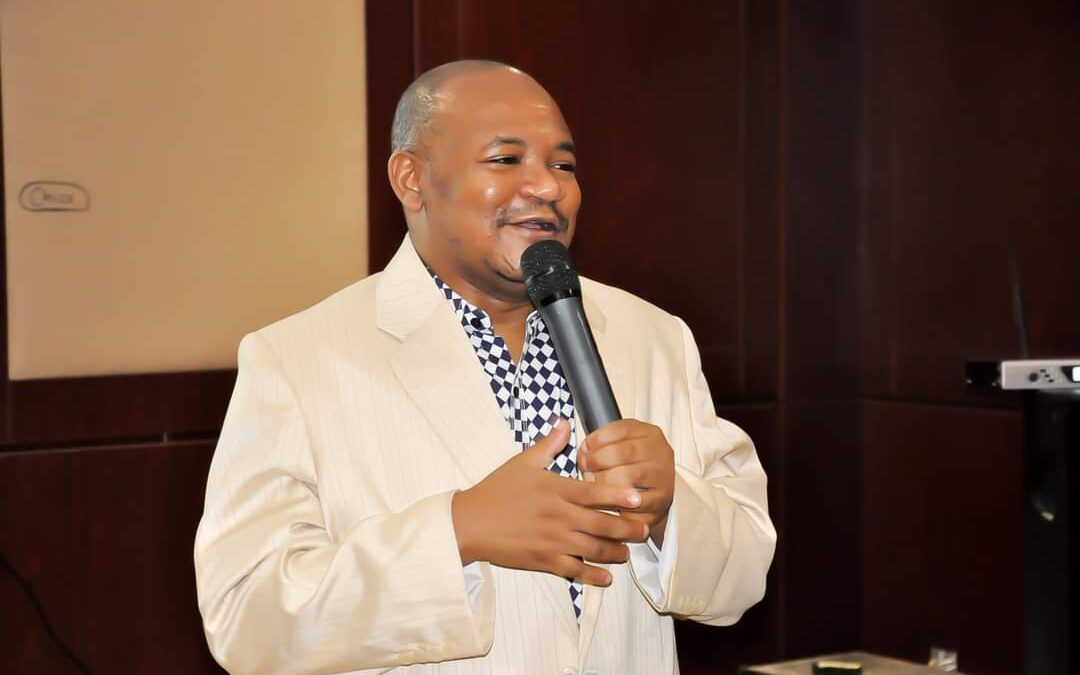By Haruna Gimba
The Africa Health Budget Network (AHBN) is convening a two-day Validation Meeting on Collaborative Advocacy Action Plan (CAAP) for Women, Adolescents, and Children’s Health in Nigeria.
Coordinator of AHBN, Dr Aminu Magashi Garba, announced the convening of the crucial meeting in a statement issued on Monday in Abuja.
He said the meeting will hold between Tuesday, 14th and Wednesday, 15th May at the AHBN headquarters in Abuja.
He said the focus of the meeting will be on the Collaborative Advocacy Action Plan (CAAP) for women, adolescents, and children’s health in Nigeria.
“Today, we stand at a pivotal juncture in our shared voyage towards advancing maternal, newborn, and child health.
“The health and well-being of women, children, and adolescents represent the paramount mission of our era.
“However, our path is fraught with formidable challenges, including climate change, conflict, soaring living costs, and the aftermath of COVID-19.
“These challenges threaten to reverse decades of progress and cast profound repercussions on vulnerable groups,” Magashi said.
On October 12, 2020, Nigerian government launched the Reproductive, Maternal, Newborn, Child, Adolescent, and Elderly Health Plus Nutrition (RMNCAEH+N) initiative, to streamline interventions and optimise resources towards achieving Universal Health Care Coverage (UHC).
However, Dr Magashi stated that despite collective efforts, the maternal and child health indices in the country remain disheartening, as revealed by the Nigeria Demographic and Health Survey (NDHS) 2018.
According to him, the Collaborative Advocacy Action Plan (CAAP) for Nigeria brings together diverse stakeholders, including government agencies, NGOs, international partners, media, and communities.
“Through this collaborative endeavour, we aim to harness varied expertise, resources, and networks to comprehensively address the complex challenges facing maternal, child, and adolescent health.
“CAAP enables the development and implementation of holistic solutions that tackle the multifaceted nature of these health issues.
“By coordinating efforts across different sectors, CAAP can address the underlying determinants of health and provide a platform for effective advocacy, raising awareness, and mobilizing support for policy changes and resource allocation,” he added.
Dr Magashi stated that the government plays a pivotal role in addressing maternal, child, and adolescent health problems in Nigeria.
He said, “Our collective efforts in addressing these health challenges are intricately linked to President Bola Ahmed Tinubu’s policy in the health sector renewal plan and the sector-wide approach.
“Non-state actors, including NGOs, community-based organisations, and private sector entities, also play vital roles in complementing government efforts, driving innovation, and fostering community empowerment and collaboration.”
The coordinator added that the international development partners contribute significantly through financial support, technical assistance, research and innovation, advocacy, supply chain management, monitoring and evaluation, emergency response, and partnerships and coordination.
Magashi also stated that the media and communities serve as powerful allies, working together to raise awareness, promote behavior change, advocate for policy action, facilitate crisis response, foster community participation, and build capacity for sustainable health outcomes.
According to him, the collective efforts of stakeholders are indispensable in addressing maternal, child and adolescent health problems in Nigeria.
“By synergising our resources, expertise, and networks, we can realise our shared vision of a healthier, prosperous future for all.”
AHBN, is a network of organizations and individuals using budget advocacy to improve health service delivery in Africa.
Its main purpose is to advance and embed improvements in health budget allocation, spending, transparency, participation, and accountability to increase overall health and wellbeing.

